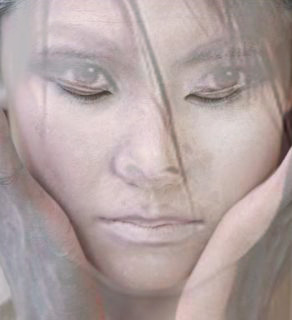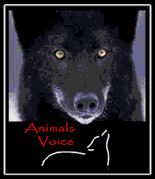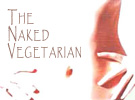For centuries they have lived at the top of the world passing through the land almost unnoticed. As civilisations rose and fell and armies coursed over the land, as the world wore on in its relentless quest for supremacy over nature the Changpa Nomads of Tibet, the Nepalese high plains, have lived unnoticed.

Their ancestors bore the ‘yolk’ of Buddha as they do today, the inexorable weight of Karmic transposition from one life to the next while all the time striving for perfection of the soul. Buddha the great lord and Profit of Mohammed's rank and Jesus embodies the very heart of the Changpa people, the last of the ancient nomads of the eastern steppes.
The Changpa live a seasonal existence moving flawlessly over the landscape that offers little to them but another day of travel following their herds of pony and goat and yet they find great comfort in the truth of their ancestral convictions that a good life is the reward for obeying natural law and God's profit Buddha. They are unconcerned with another world even though they are aware that that other world, the modern world of the last 60 years has steadily sought to envelop them and erase their ancient track from the land.
In 1958 China began to covet the Tibetan highlands and in a self styled act of sovereign domain the communists seized control of Tibet in 1959. Chinese authorities deposed the
Dali Llama, direct descendant of Buddha, forcing he and his government into an exile that has lasted 45 years. The lowland people, forced to abandon their shrines and give up the old ways of worship and moderation, have slowly adapted to the new regime of communist social autocracy governed by a people and a bureaucracy they are stranger to.
But, in the highlands beyond the towering peaks of the Himalayas the Changpa have sought refuge in their old ways. They believe in taking nothing from the land but the bare minimum for survival. Indeed the land some of the most inhospitable in the world has little to give. Their trails are unimaginably ancient and pristine. They use only that which is renewable: the livestock they care for and the dried lowland driftwood they collect for fires or grasses for weaving bright lodge mats, containers and bed rolls. The Changpa take nothing they cannot return to the environment including themselves.
In a ceremony seldom witnessed by outsiders the Changpa find propriety and grace in the sky burial of their dead. After a person’s death the family carefully sequesters the body for 24 hours in a sitting position to dry in the high thin atmosphere. Prayers are read by a Lama. After 3 days a ceremony is held summoning family and friends to witness the destruction of the mortal shell by rogyapas who are charged with dismembering the body roughly and laying it on platforms to be further dissected and returned to the land by carrion birds. There are no graves or markers to remind the people of their departed only the land and its ways and the sure knowledge that the soul of the dead reincarnate roams with them once more.














